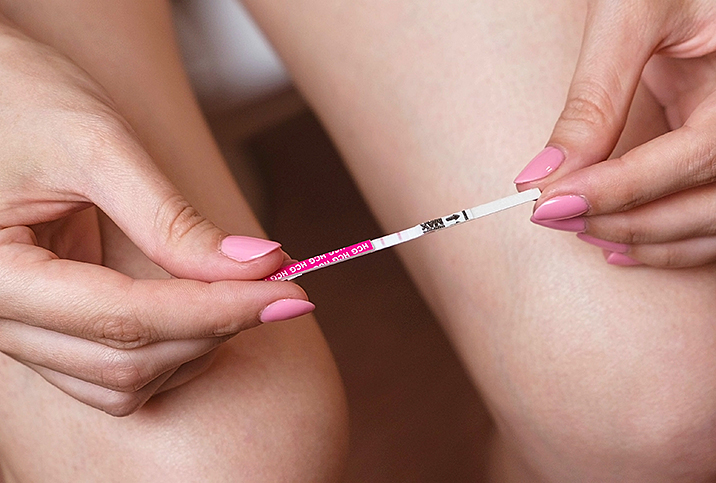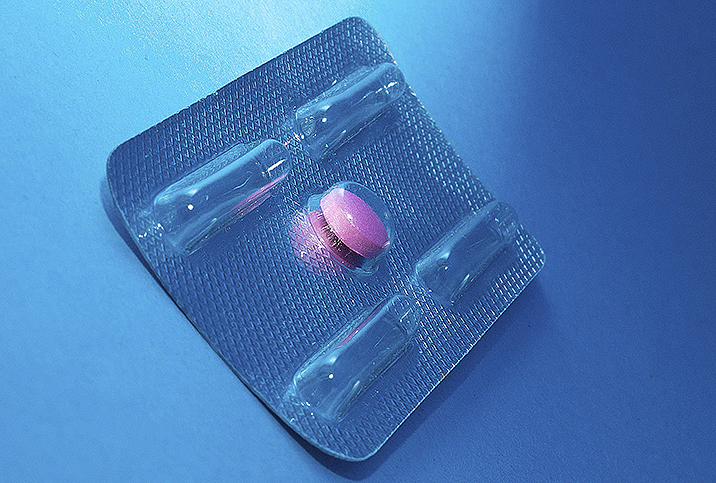How Autoimmune Diseases Affect Fertility

As many as 23.5 million people are suffering from an autoimmune disease in the United States. Unfortunately, this number is growing. More research is needed to learn about the causes of autoimmune diseases, as a majority of these conditions are incurable.
So far, scientific research has established that autoimmune diseases can have negative effects on fertility for men and women. However, recognizing symptoms, strictly following your doctor's treatment recommendations, and eating healthy to boost the immune system can be useful tools to offset infertility implications brought on by an autoimmune disease.
Symptoms of an autoimmune disease
Due to the number of different types of autoimmune diseases (more than 100), symptoms vary from person to person, so it's important to talk to your healthcare provider if you notice anything unusual about your health or body. However, there are a few general physical signs of an autoimmune response that include:
- Joint symptoms
- Fatigue
- Skin problems
- Swollen glands in the neck
Autoimmune diseases are diagnosed by a rheumatologist, a doctor who specializes in the immune system and its functions. Additionally, an allergist/immunologist is another physician specialist who has some overlap in knowledge for addressing abnormal immune responses. Depending on their severity, autoimmune diseases can be treated with a variety of medications that range from ibuprofen to more advanced treatments that suppress the immune system.
Chronic inflammation may cause infertility
Fertility issues are common in relationships, with an estimated 1 in 8 couples suffering from infertility. Autoimmune diseases such as diabetes, lupus or Hashimoto's can cause infertility, but exact reasons as to why chronic immune responses affect fertility is uncertain. Both sexes can develop autoimmune diseases, but women are the most affected group.
While the link between fertility and autoimmune diseases isn't firmly established or understood, it's been noted that chronic inflammation of the body caused by an immune response can damage the reproductive system and potentially reduce functionality. This damage, it has been theorized, can cause the body's immune system to release antibodies that attack the body's tissues.
Microfauna may boost the immune system
Although much is still to be understood about the treatment of autoimmune diseases and their impact on sexual health, it is important to strictly follow the treatment plan recommended by your doctor. In addition, you can take steps to improve your immune system.
One study found that an individual's gut microbiome, or the microorganisms that inhabit our digestive system, might play a larger role in a healthy immune system than previously thought. The types of microorganisms, such as gut bacteria, inhabiting the intestines allow the digestive tract to break down and absorb nutrients from food more efficiently.
This can lead to less chronic inflammation caused by improper digestion. Some research shows that a healthy gut microbiome may decrease sensitivity to certain foods containing gluten, certain nightshade vegetables or other foods that may cause a flare-up of symptoms.
Research is being conducted to better understand whether there is a clear relationship between autoimmune diseases and fertility. What is known is that these chronic immune system attacks, through repeated inflammation, can cause tissue damage to parts of the reproductive system. People who are affected by autoimmune diseases may benefit from strict adherence to their doctor's medical treatment plan and proper care of their digestive health, with the potential inclusion of a probiotic after discussion with their doctor.


















